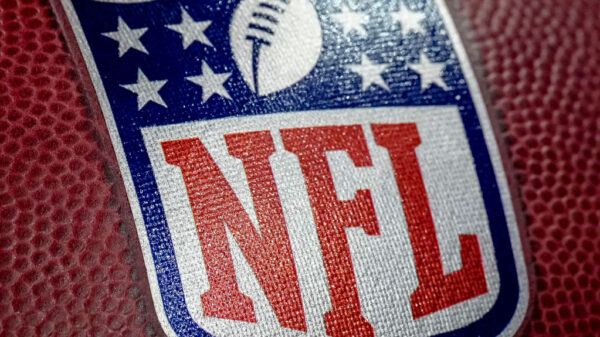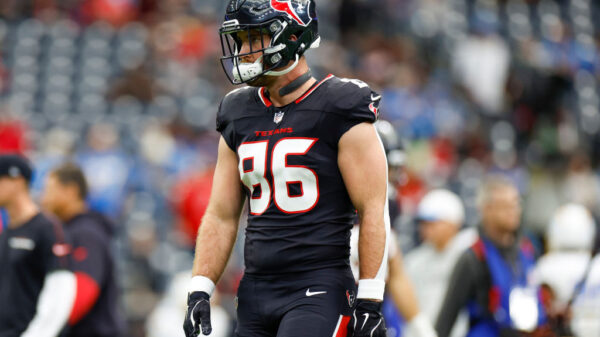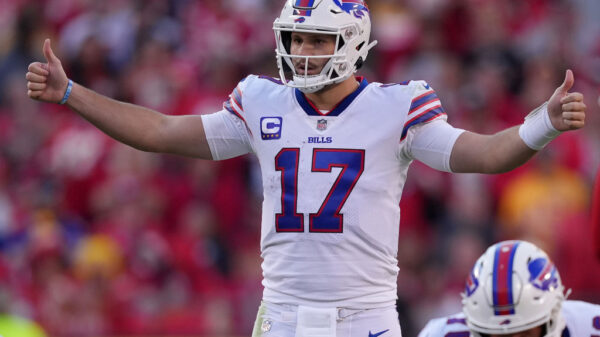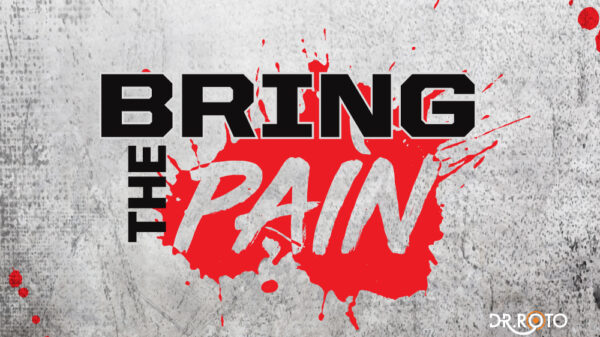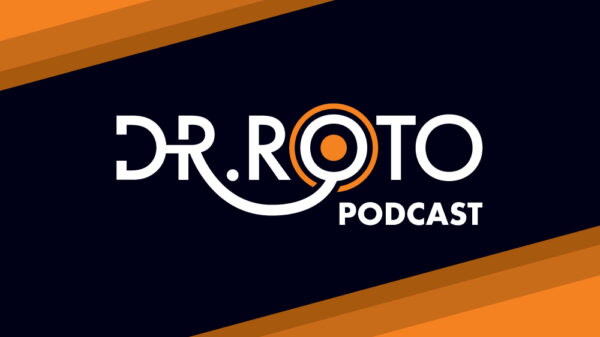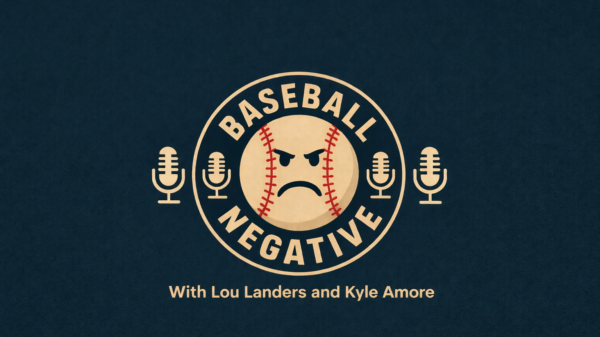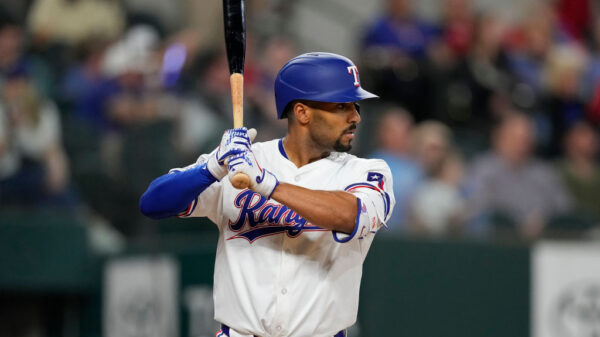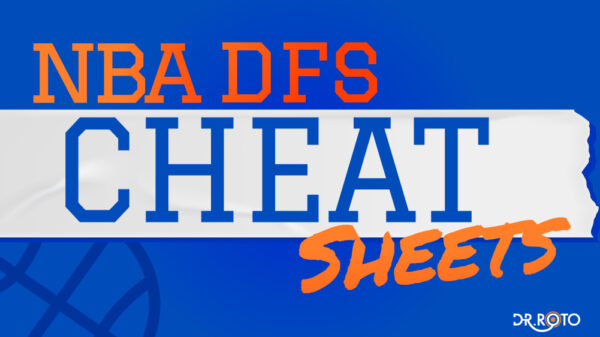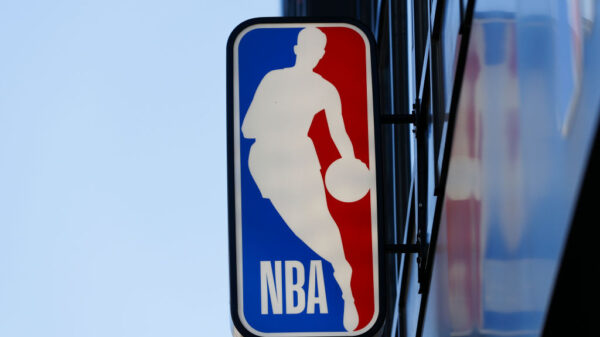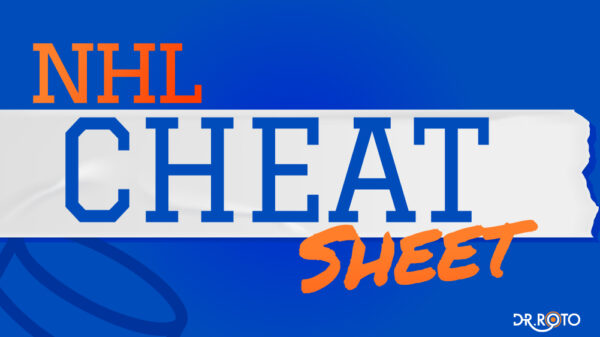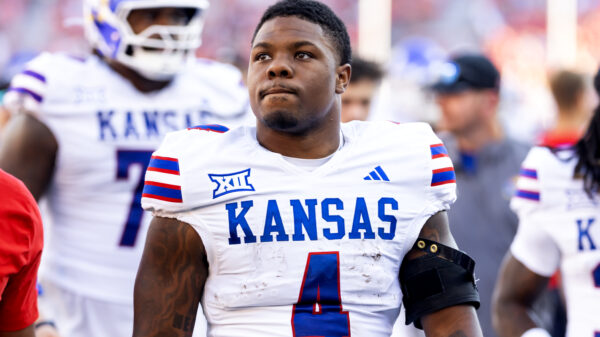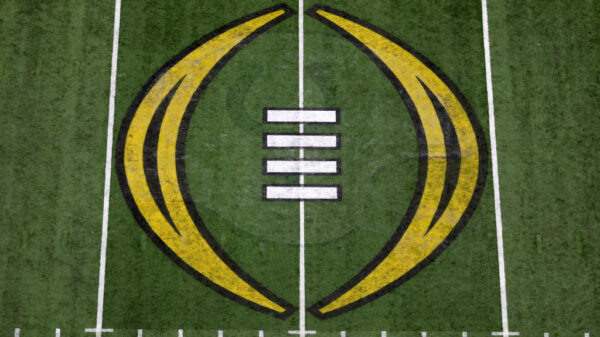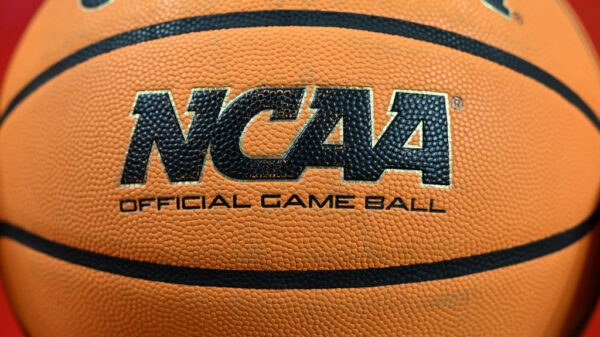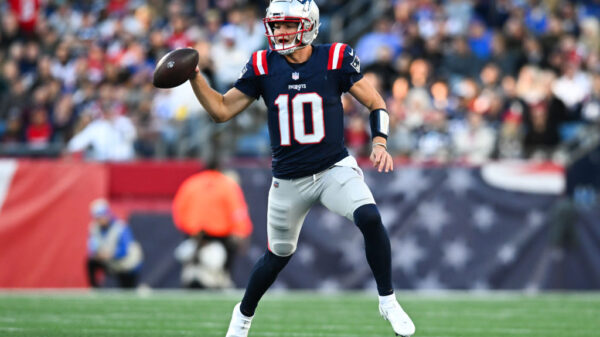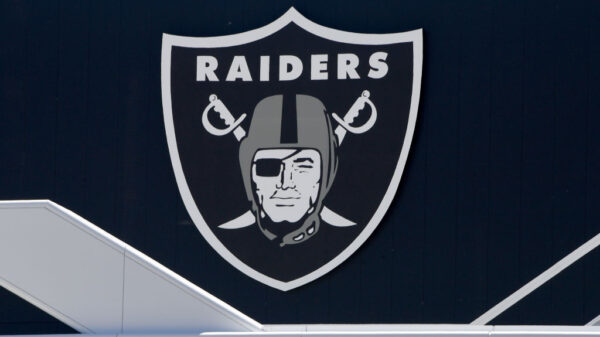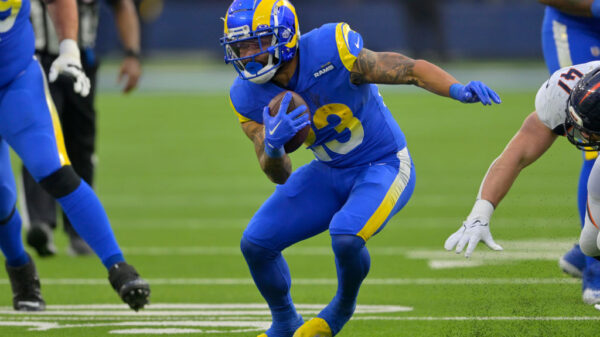The quarterback position is the ultimate reminder that fantasy sports are just that: fantasy. In real life, front offices will always prioritize having an elite option at the most important position in American sports. Fantasy managers don’t (or shouldn’t) operate in the same way. Given the depth at QB, with more high-quality passers than at any other point in the game’s history, it can be advantageous to wait on a signal caller rather than reaching for one early.
But when to grab a QB? And who? That’s the question to ask yourself before drafts, where supply and demand makes running back, wide receiver, and tight end higher-priority adds in the first few rounds. Here are our profiles for the top 20 fantasy quarterbacks this year:
Josh Allen, Buffalo Bills
Josh Allen enters the 2022 season as the reigning fantasy QB1, and there’s nothing to suggest he won’t be elite once again. While recent reports of the Bills wanting him to run less could cap his ceiling, this is still someone who has ran for an average of 7.75 touchdowns a season since entering the league in 2018. Don’t hesitate to grab Allen if the value is there, but there isn’t enough of a gap between him and the rest of the league’s quarterbacks to justify taking him in the first two rounds.
Justin Herbert, Los Angeles Chargers
Herbert has always been a reliable fantasy starter, but there’s so much to like this year. His Chargers have dangerous weapons at running back (Austin Ekeler) and wide receiver (Keenan Allen, Mike Williams), while the offensive line should be a top-ten unit. It’s also worth mentioning that the third-year player should get into plenty of quarterback duels in the gauntlet that is the AFC West. Considering he tied Tom Brady for the most 300-yard passing games last season (nine), don’t expect too many kneel downs.
Patrick Mahomes, Kansas City Chiefs
The Chiefs went through their ups and downs on offense last season, and their quarterback was no different; he had five games under 15 fantasy points and four over 30. In between was a solid fantasy season that should keep managers feeling confident in Pat heading into September, even with the loss of Tyreek Hill. Travis Kelce should still be the best tight end in football, and an interesting group of wide receivers were brought into Kansas City this offseason, including former fantasy standout JuJu Smith-Schuster and intriguing second-round rookie Skyy Moore. Mahomes lacks some of the potential upside of Herbert and Allen, but don’t be surprised if he’s this year’s QB1. The guy is just that good.
Lamar Jackson, Baltimore Ravens
Jackson disappointed plenty of fantasy managers who grabbed him in the first four rounds of their drafts in 2021, as a variety of ailments limited him to just 12 games. When healthy, the Ravens QB threw more interceptions and fewer touchdowns per game than ever. Without Marquise Brown (traded to Arizona), more passing struggles could be in Lamar’s future. However, Rashod Bateman at wideout and Mark Andrews at tight end should both be good targets, and the return of running backs J.K. Dobbins and Gus Edwards from injury likely means more rush attempts for Baltimore, a good sign for the game’s fastest passer. He may never throw the best spiral, but Jackson is capable in the pocket and still the game’s best scrambler.
Jalen Hurts, Philadelphia Eagles
It’s fair to question Jalen Hurts entering his second season as the de facto starting quarterback in Philly. While his rushing numbers were outstanding over 15 games (784 rush yards, 10 TD), his struggles as a passer were still on display during the Eagles’ playoff run. Still, the trade for A.J. Brown, alongside DeVonta Smith, gives Hurts two dangerous threats down the field. If the 23-year old can progress as a passer, there’s no reason to think he can’t take advantage of the third-easiest schedule for a fantasy QB. Given that he’s the only quarterback that comes close to Jackson’s rushing ability, with a better set of offensive weapons, it’s not crazy to think Hurts can improve on last season’s QB8 ranking.
Kyler Murray, Arizona Cardinals
Kyler Murray likely slots into the top five, if not top four, on many other rankings. It makes sense; he’s one of the league’s best dual threats, the Cardinals added Marquise Brown from the Ravens, and he plays for an aggressive coach in Kliff Kingsbury. However, losing DeAndre Hopkins to a six-game suspension is a major blow: Without him playing in the team’s final four games last year, Murray averaged under 19 fantasy points per game. However, with Hopkins healthy, he averaged just under 25 fantasy points per game. No Hopkins to start the season and a difficult schedule knock Kyler down a spot or two on the list, but there’s still a lot to like.
Joe Burrow, Cincinatti Bengals
The rest of the top ten might be more alluring to most managers, even after a Super Bowl run, but Joe Burrow deserves more consideration as a top-half fantasy starter. The Bengals quarterback was the league’s most-sacked signal caller last season, but the team’s front office made drastic improvements up front, signing La’el Collins, Ted Karras, and Alex Cappa to give the team three high-caliber starters. With more room to throw in the pocket, 2021’s yards per pass attempt leader will have even more time to air it out to Ja’Marr Chase, Tee Higgins and Tyler Boyd down the field.
Dak Prescott, Dallas Cowboys
It feels as if everyone has forgotten that 2021 Dak Prescott was only a year removed from a torn ACL. With a full offseason to get healthy, it’s likely we could see last year’s QB7 run the ball more frequently; his head coach seems to think so. Prior to last season, he averaged 19 yards per game and 4.8 touchdowns per season on the ground for his career. Losing Amari Cooper will hurt, but not as much as you might think. With more run plays, a whole offseason to recover, and a still-loaded supporting cast, Dak is someone you can rely on (if healthy).
Tom Brady, Tampa Bay Buccaneers
Brady is now 45, but showed no signs of slowing down in 2021, as he led the league in passing yards (5,316) and touchdowns (43). It would be crazy to expect a repeat performance, but it’s also crazy not to expect another Pro Bowl-caliber season from the greatest to ever do it. Back with Tampa Bay, he should once again be at the helm of one of the league’s most explosive offenses. Eight is a conservative placement for last season’s QB3. It’s Tom Brady; don’t overthink it.
Russell Wilson, Seattle Seahawks
A trade from Seattle ended Russell Wilson’s remarkable decade-long tenure with the Seahawks, but the Mile High City might be the perfect landing spot. The Broncos have a talented wide receiver room, solid defense, and most importantly former Packers offensive coordinator Nathaniel Hackett at head coach. While his team disappointed last year, Wilson was still dangerous in the 14 games he played; he was fifth in the league in yards per attempt to go along with just six interceptions. The ingredients are here for Russ to become this year’s version of Matthew Stafford.
Matthew Stafford, Los Angeles Rams
Stafford was a major piece of many championship teams in 2021, as his low draft price led to big rewards as the QB6 in Weeks 1 to 17. That could be the case once again, although throwing for 40+ touchdowns again would be quite the feat. Stafford probably won’t be quite as dominant this year, especially with Cam Akers running the ball once again, but at his current draft price, he’s still a great option in Rounds 7-8 for managers looking to wait on a quarterback.
Aaron Rodgers, Green Bay Packers
Unlike other QB-WR departures this season, it is fair to wonder how significant the loss of Davante Adams will be to the play of Aaron Rodgers. The now-Raider more than tripled the receiving yardage of anyone else on the roster in 2021. Expect the Packers to lean into the dynamic duo of Aaron Jones and AJ Dillon, which means more run plays and goal-line looks without the elite jump-ball ability of Adams. While the reigning MVP would likely be a top-eight QB in any other year, it’s likely he’s overdrafted by someone else in your league. Unless the value is there, you should look elsewhere.
Trey Lance, San Francisco 49ers
Lance is an unknown due to his FCS roots and lack of playing time as a rookie. That shouldn’t mean managers ignore his obvious potential. In the three games he started last season, Lance averaged 18.7 fantasy points and 53.6 rushing yards per game. While Jimmy Garoppolo is still around, it probably has more to do with the difficulty San Francisco has had trying to find a trade partner willing to take on his hefty salary. Kyle Shannahan and the 49ers took Lance with the fourth overall pick in the 2021 draft for a reason. This is the perfect time to buy low before Lance becomes a household name.
Justin Fields, Chicago Bears
Similarly to Lance, Fields has obvious potential. However, he was far from impressive as a rookie, throwing seven touchdowns to 10 interceptions over ten games started. However, he also ran for an outstanding 35 yards per game. That kind of rushing production at QB is rare, and an improvement into even a middling passer should make Fields a viable starter. Matt Nagy is gone as head coach, which should only help the Bears’ offense even without Allen Robinson. It’s no guarantee that Fields will be a top-10 option, but even in a worst-case scenario, his floor is that of a backup who can start based on the matchup. He’s worth the gamble at his current QB18 price tag.
Derek Carr, Las Vegas Raiders
Carr was a mediocre 18th in fantasy points per game last season; while a reliable backup in terms of his floor, managers could never count on the Raiders quarterback to put together a big game. That should change with the arrival of Davante Adams, one of the league’s premier receiving threats. While Las Vegas should run the ball plenty under Josh McDaniels, the front office didn’t give up a first-round draft pick to not get Adams the ball, along with complementary weapons like Darren Waller and Hunter Renfrow. It’s still difficult to call Carr a fantasy starter right now, but he could be the best fantasy backup in the league.
Kirk Cousins, Minnesotta Vikings
Much like Carr, Cousins is reliably above-average, having finished as last season’s fantasy QB12. With Kevin O’Connell coming over from the Rams, Minnesota should be able to scheme up more creative ways to get Justin Jefferson and Adam Thielen the ball. However, Los Angeles has typically incorporated the running game heavily, and the upgrade from Darrell Henderson Jr. to Dalvin Cook is significant. It wouldn’t be a surprise to see Cousins where he typically is by the end of the season: a bottom-tier QB1. However, he doesn’t have the same level of upside as the backups that slot in before him on the list. If you’re drafting a late-round QB, it’s better to gamble on potential than reliability.
Tua Tagovailoa, Miami Dolphins
Perhaps the most difficult player to rank, Tagovailoa has seemingly everything a young quarterback could want entering his third season. With offensive weapons like Tyreek Hill and Jaylen Waddle, along with an improved offensive line and new head coach Mike McDaniel, it’s clear that Miami is serious about contending next year. The biggest question remaining: Is Tua actually good? While he might be part of a solid team, it’s difficult to put a lot of faith in the Alabama product’s health and ability after two incredibly lackluster seasons. Keep in mind that Tagovailoa has never been one to scramble for yards (10.3 rush yards per game) and Mike McDaniel loves to run the ball, as San Francisco attempted the sixth-most rushes last season despite a lack of talent at running back. With Chase Edmonds and former 49er Raheem Mostert in South Beach, there’s plenty of reason to think a similar offensive approach is in store for the Dolphins in 2022. Tua is a gamble, but you might be better off drafting another QB lottery ticket.
Trevor Lawrence, Jacksonville Jaguars
The Jaguars did get players in free agency to try and assist Trevor Lawrence, but the jury is out on how much of a difference the likes of Christian Kirk and Evan Engram will truly make on his progression. The biggest move Jacksonville ultimately made was via subtraction by getting rid of Urban Meyer. After Meyer’s firing following Week 14, Lawrence showed real signs of improvement, including an 18.6-fantasy-point performance against a solid Colts defense. With Doug Pederson now in charge, the first overall pick of last year’s draft should be put in a far better position to succeed as a passer. While the results were ugly in 2021, there may never be a better time to buy low on such a talent.
Ryan Tannehill, Tennessee Titans
There are plenty of situations where a quarterback can recover from losing a star receiver, but that probably won’t be the case for Ryan Tannehill. A.J. Brown was one of the league’s most efficient wideouts, giving the Titans quarterback plenty of additional yardage and touchdowns after the catch. Rookie replacement Treylon Burks has struggled in OTAs, and offseason pickup Robert Woods, while talented, is more of a possession receiver. It’s hard to see where Tennessee will get a ton of air yards, and in an offense with Derrick Henry, maximizing pass attempts is crucial if Tannehill is to regain his status as a viable fantasy starter.
Baker Mayfield, Carolina Panthers
After a drawn-out, messy divorce from the Browns, Mayfield has finally found a home in Carolina. While the Panthers possess an elite running back in Christian McCaffrey, there should be more pass attempts for Baker. The downside is that Carolina’s offensive line, while improved, represents a significant downgrade in quality from Cleveland’s. That could make more passes a challenge for the quarterback who threw 13 interceptions over 14 games last season, but there’s reasonable optimism that Baker’s bad stretch of play was linked to his partially-torn labrum. This ranking could be far too low by December if that’s the case.

